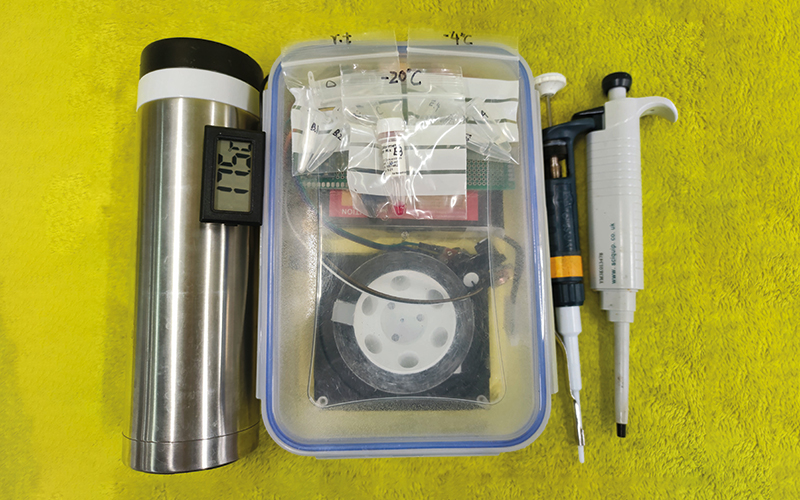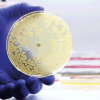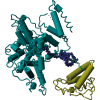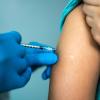Signs of inflammation in the blood can reliably predict and identify severe depression in pregnancy, reports a new study.

Researchers have developed a £38 “lab-in-a-backpack” that could expand the ability of resource-poor regions to offer fast, reliable, non-invasive detection of SARS-CoV-2 – the virus that causes COVID-19.
E. Emily Lin and colleagues at Queen Mary University of London are behind the new system.
Efforts to bring COVID-19 vaccines to resource-poor countries are underway, but it will take two to three more years to achieve full vaccination.
In the meantime, SARS-CoV-2 testing is needed to prevent spread, but many regions lack the practical and financial ability to conduct an adequate amount of reliable testing.
To improve COVID-19 testing options, Lin and colleagues have created a £38 lab-in-a-backpack system. This system uses non-invasive saliva sampling instead of an uncomfortable nose or throat swab. It processes six samples in 90 minutes using a technique known as reverse transcription loop-mediated isothermal amplification (RT-LAMP), which has similar sensitivity to PCR testing.
The cost of the chemicals needed to process each saliva sample is £2.62 and commercial LAMP tests cost £5.23 to £17.95 in bulk.
The new standalone system is portable and can be used in settings that lack expensive infrastructure. It includes a centrifuge, named CentriDrive, that is easily constructed from recycled computer hard drives and can be powered by a rechargeable battery or hooked up to an automobile battery.
It comes with straightforward instructions that can be followed with minimal training.




